From revealing the roots of climate denialism to exploring the deep emotional and spiritual connections between humans and nature, these 10 environmental books offer a wide-ranging, eye-opening look into the world of environmentalism. Whether you’re just beginning your eco-journey or already deeply immersed in green living, these works provide vital insights, perspectives, and inspiration. Here’s a look at ten must-reads for anyone who cares about the planet.
Books That Blend Science, Storytelling, and Urgency
Each of these titles takes a different approach some blend personal narrative with hard science, others are rigorous investigations or historical accounts but all drive home the importance of environmental action. They remind us that every choice matters and every voice can influence change.
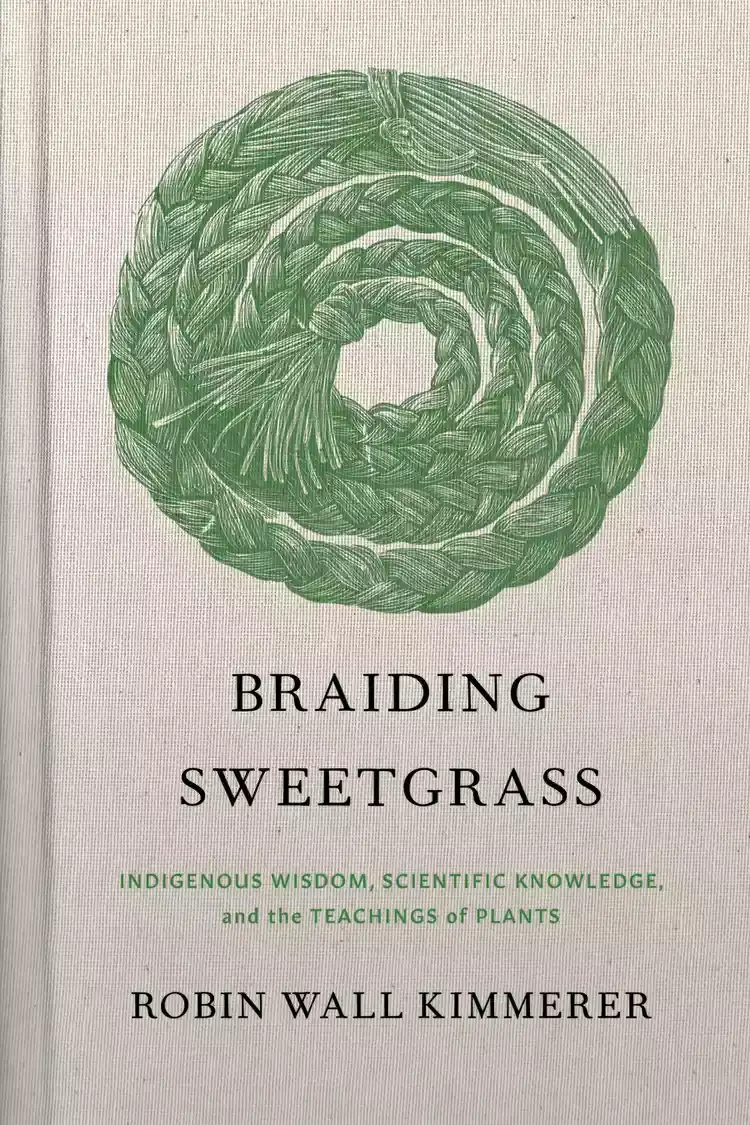
Braiding Sweetgrass by Robin Wall Kimmerer
This beautifully written work blends botany, Native American traditions, and lyrical storytelling. Kimmerer, a member of the Citizen Potawatomi Nation, uses her background in science and Indigenous wisdom to reframe our relationship with the natural world. She urges readers to move beyond seeing plants and animals as resources, and instead to regard them as teachers, relatives, and companions in life.
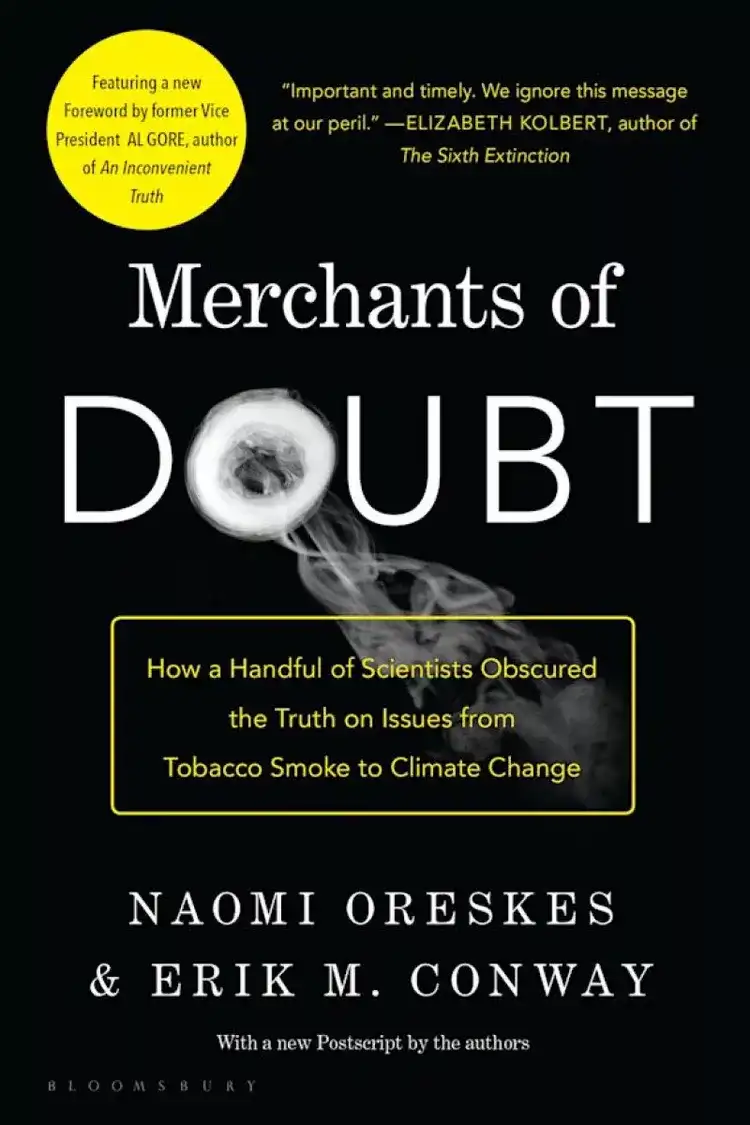
Merchants of Doubt by Naomi Oreskes and Erik M. Conway
A chilling investigation into how a small group of scientists, backed by powerful interests, sowed doubt around smoking, acid rain, and ultimately climate change. The book explains how misinformation delayed critical environmental action, making it essential reading for anyone wondering why policy change so often lags behind science.
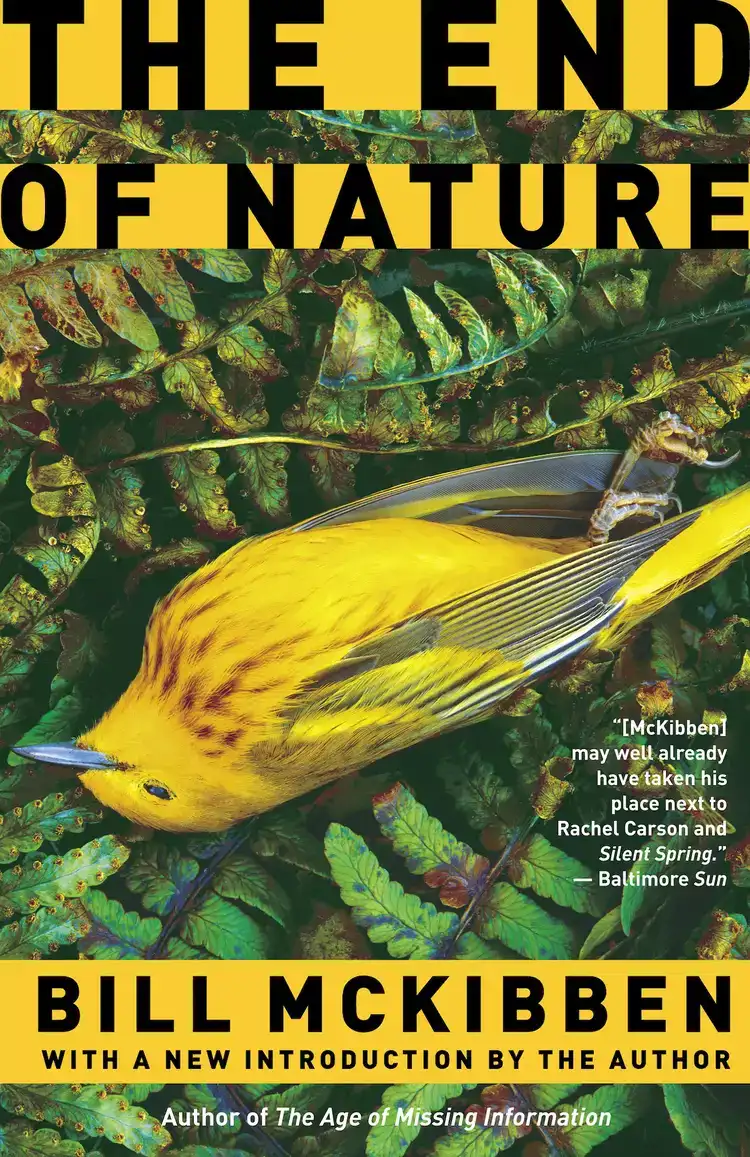
The End of Nature by Bill McKibben
Published in 1989, this was one of the first major books to bring climate change into the public discourse. McKibben reflects on how human influence has altered even the most remote places on Earth, leaving us in a world where no part of nature is untouched. It’s a sobering but poetic meditation on loss, hope, and responsibility.
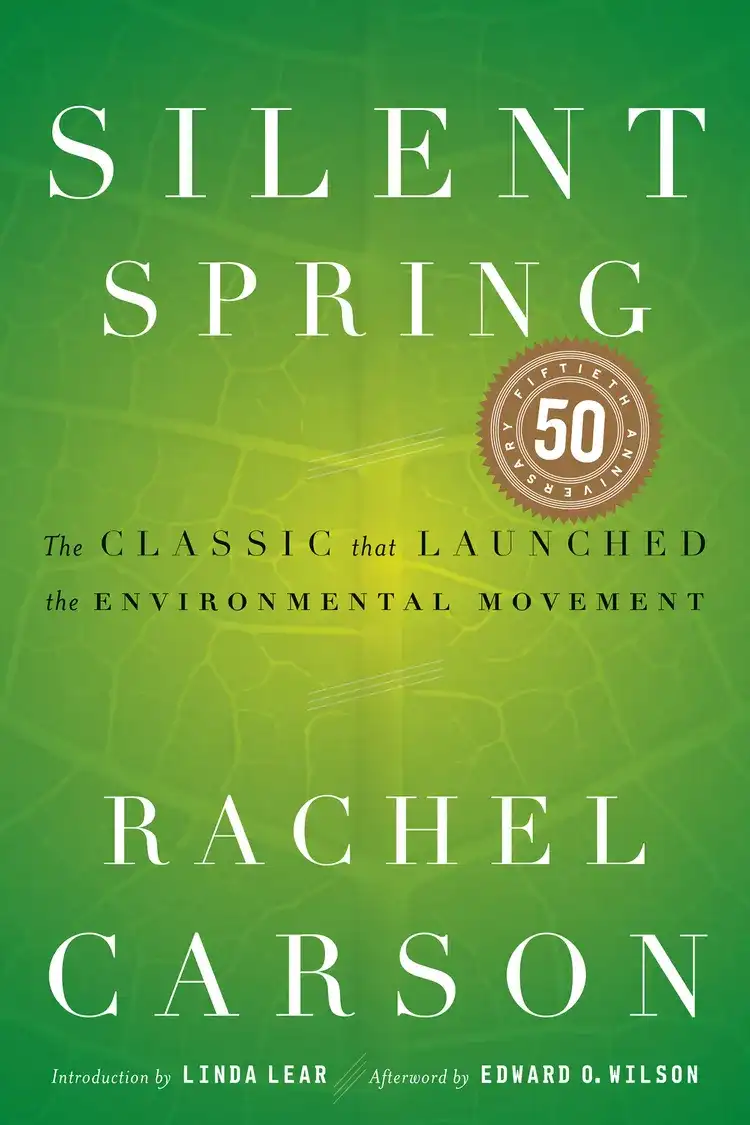
Silent Spring by Rachel Carson
Often credited with sparking the modern environmental movement, Carson’s classic warns of the dangers of pesticide overuse, especially DDT. Her methodical and moving documentation of ecological destruction helped lay the groundwork for the eventual creation of the U.S. Environmental Protection Agency.
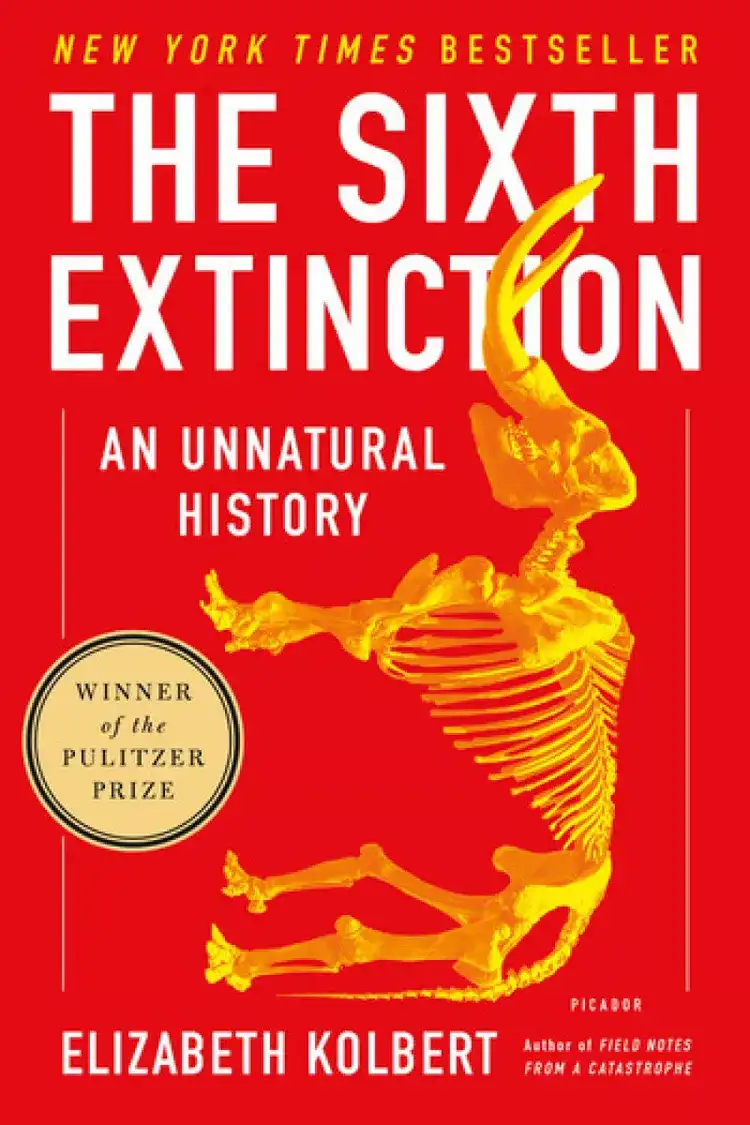
The Sixth Extinction by Elizabeth Kolbert
Kolbert explores the idea that we are in the midst of a human-caused mass extinction. By blending stories of disappearing species with scientific fieldwork and historical analysis, she paints a gripping picture of biodiversity loss and how closely human survival is tied to that of other species.
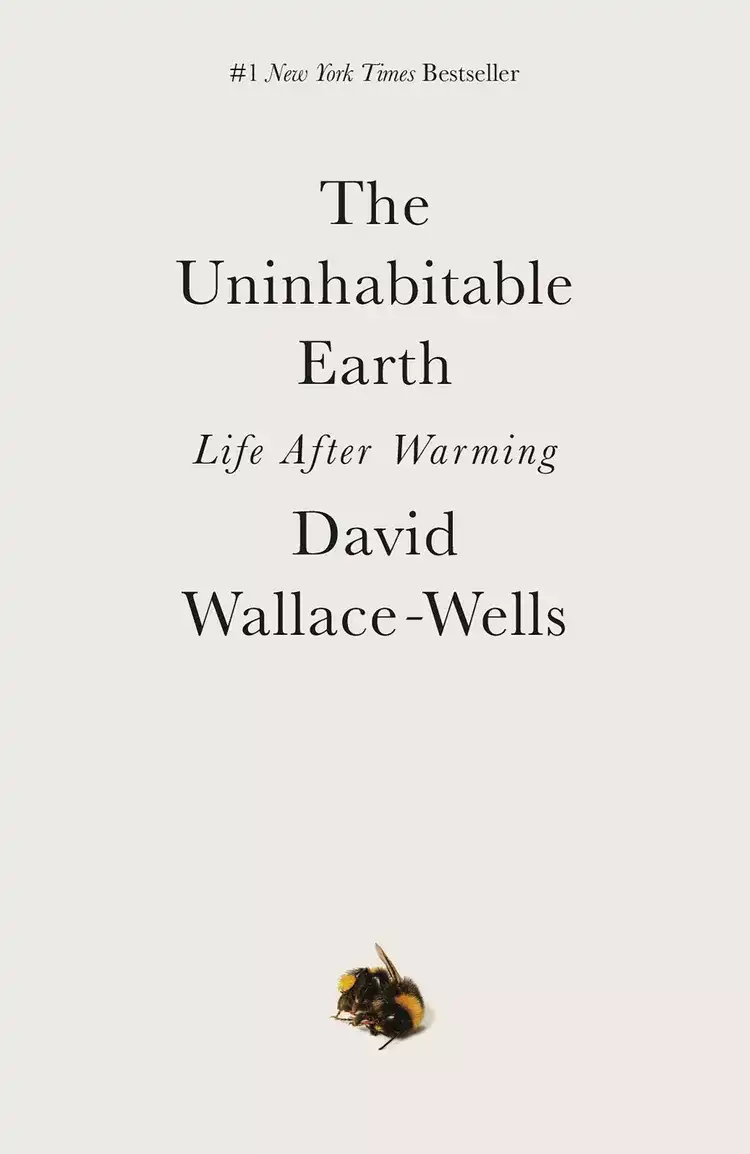
The Uninhabitable Earth by David Wallace-Wells
Opening with the sentence “It is worse, much worse, than you think,” this haunting book outlines the very real, very near future if climate change goes unchecked. Wallace-Wells doesn’t hold back, but instead uses urgency to fuel action, arguing that complacency is no longer an option.
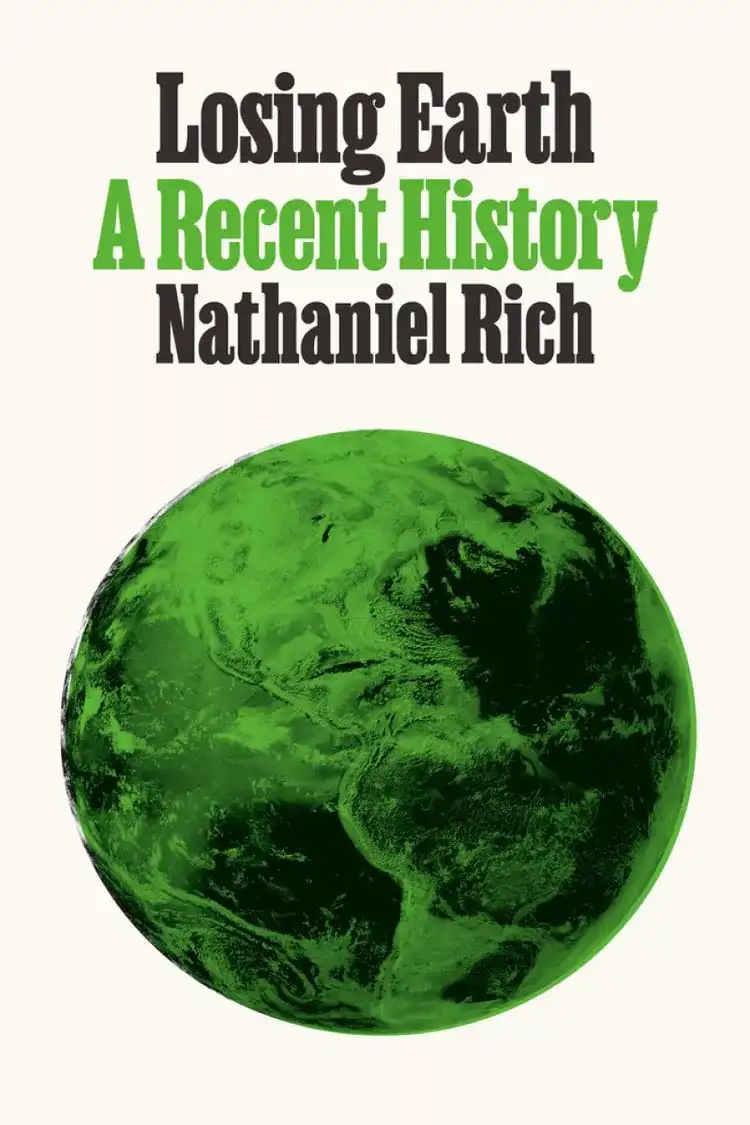
Losing Earth by Nathaniel Rich
Focusing on the crucial decade from 1979 to 1989 when we had the science and the momentum to act on climate change Rich investigates how industry, politics, and apathy derailed meaningful progress. This is a powerful reminder that climate inaction is not about ignorance but about willful choices.
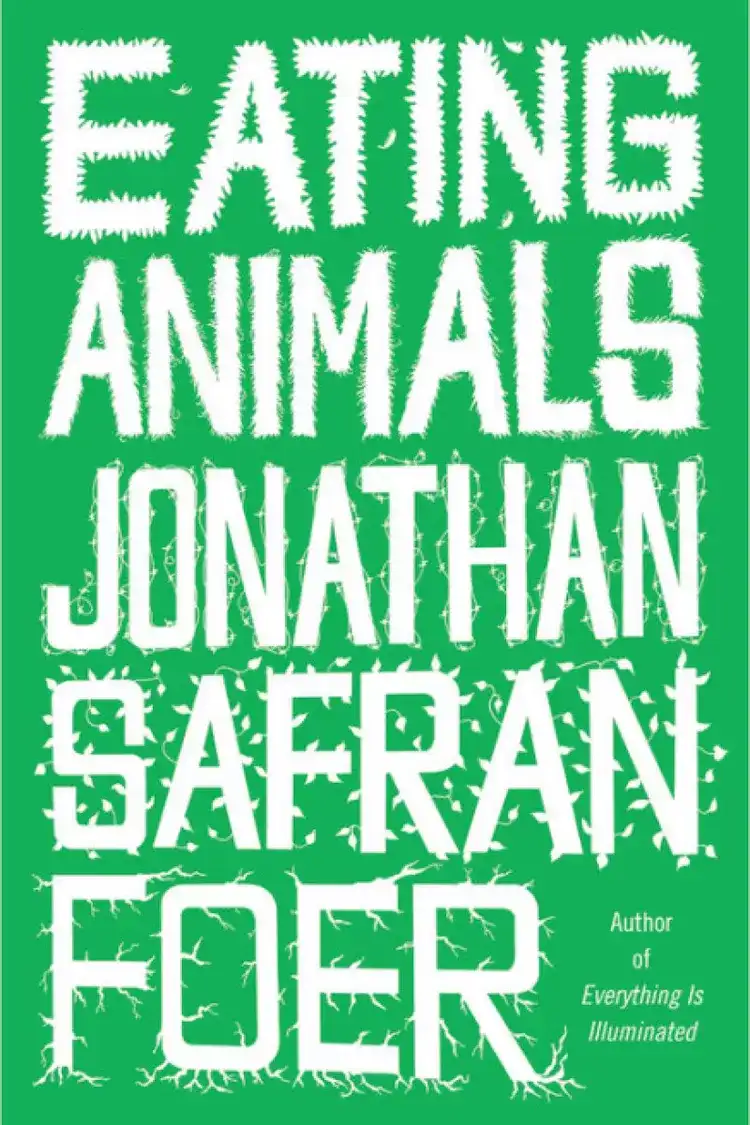
Eating Animals by Jonathan Safran Foer
Part memoir, part exposé, this book dives into the ethics and environmental costs of animal agriculture. Foer explores industrial farming, environmental degradation, and animal welfare through a deeply personal lens. He doesn’t demand answers but invites reflection and perhaps change.
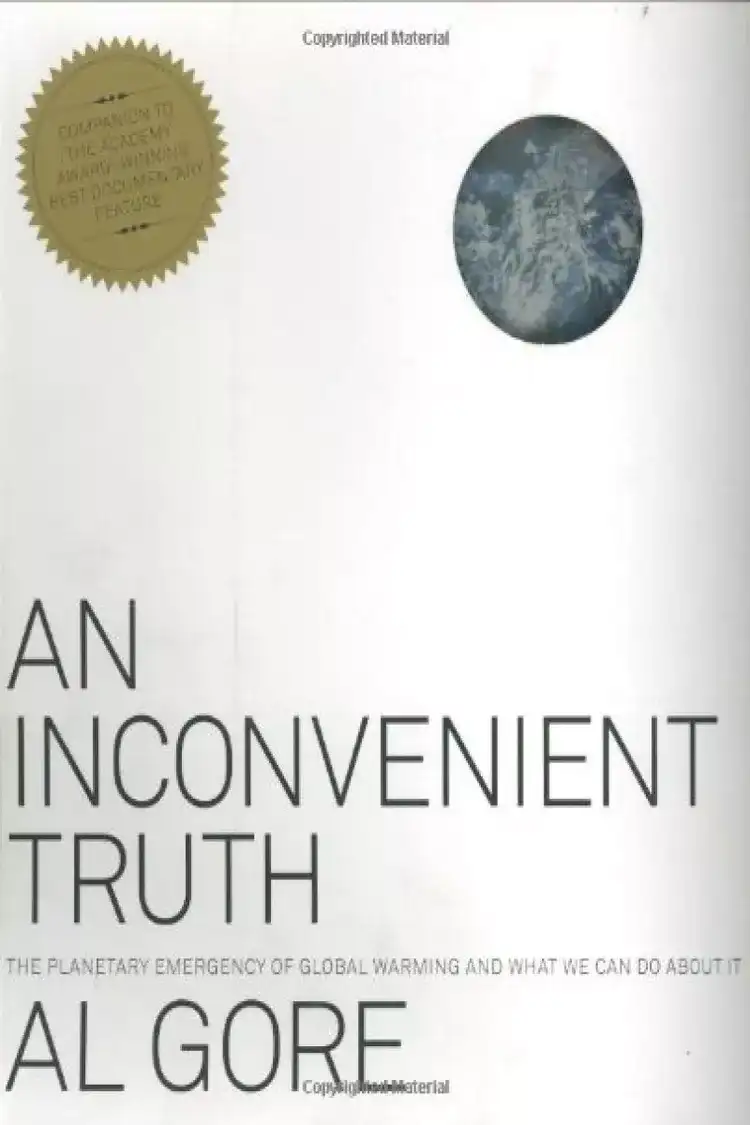
An Inconvenient Truth by Al Gore
A cornerstone of early 2000s climate awareness, this book and its documentary counterpart brought climate science into millions of homes. Combining facts with personal narrative, Gore highlights the social, political, and planetary implications of inaction, making it a compelling call for engagement.
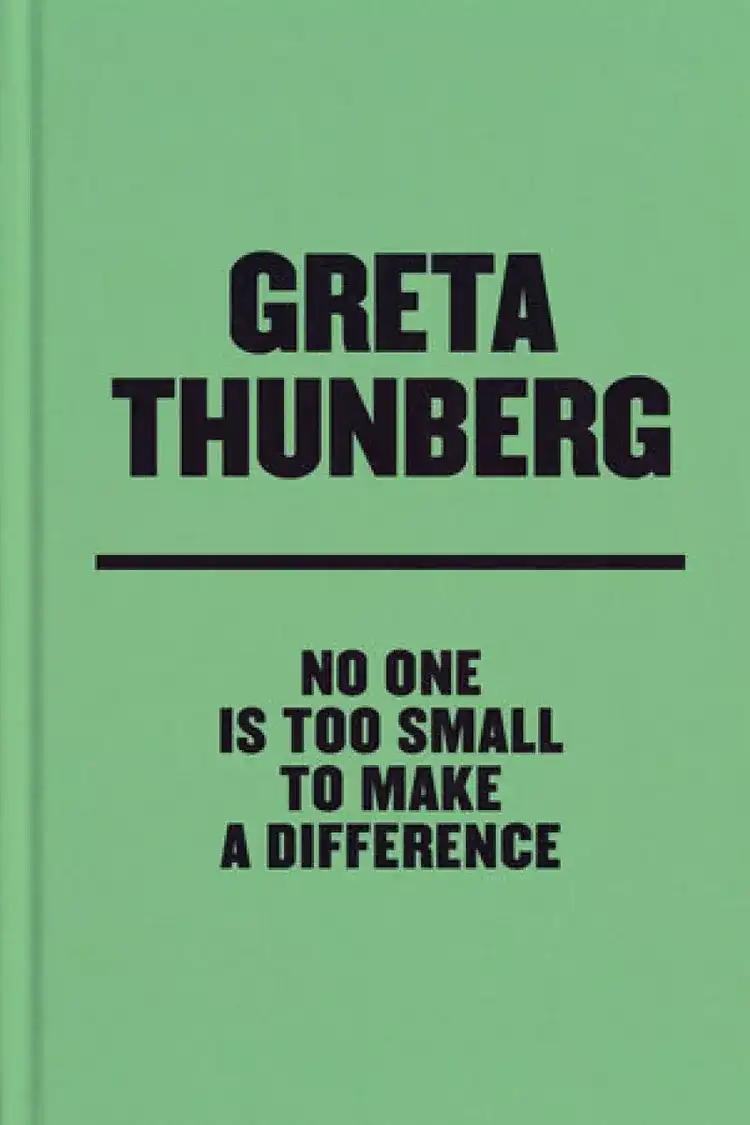
No One Is Too Small to Make a Difference by Greta Thunberg
This collection of speeches from teenage climate activist Greta Thunberg showcases her sharp, fearless voice. Delivered at the United Nations, European Parliament, and other high-profile stages, her messages call out global leaders while reminding us that young people are not just the future they are the present.
Read, Reflect, and Reimagine
These ten books represent just a fraction of the vast and growing body of environmental literature. But they all share one thing: a deep desire to connect us more intimately to the Earth, its systems, and the choices we face. Whether you’re looking for science, stories, or solutions, these reads offer a path forward one page at a time.





